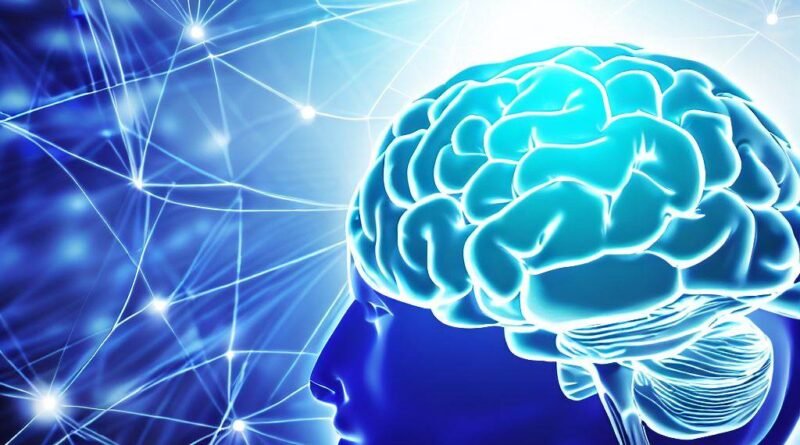The top 10 trends and predictions for the future of technology
Hey, tech lovers! Today, I’m going to talk about something that I’m sure you’re all curious about: the top 10 trends and predictions for the future of technology. This is a long post, so grab a snack and a drink and get ready to dive into some fascinating topics. Here we go!
- Artificial Intelligence (AI) will become more human-like and ubiquitous. AI is already everywhere, from our smartphones to our cars to our homes. But in the future, AI will become even more advanced and capable, able to understand natural language, emotions, context, and intent. AI will also be able to generate realistic and creative content, such as images, videos, music, and text. AI will not only assist us in our daily tasks, but also entertain us, educate us, and inspire us.
- Virtual Reality (VR) and Augmented Reality (AR) will merge into Mixed Reality (MR). VR and AR are two technologies that allow us to experience immersive and interactive digital worlds. VR creates a fully artificial environment that blocks out the real world, while AR overlays digital elements onto the real world. In the future, VR and AR will converge into MR, which will blend the real and virtual worlds seamlessly. MR will enable us to have more realistic and engaging experiences, such as visiting distant places, learning new skills, playing games, and socializing with others.
- Blockchain will revolutionize the way we store and exchange data. Blockchain is a distributed ledger technology that records transactions in a secure, transparent, and decentralized way. Blockchain eliminates the need for intermediaries, such as banks, governments, or corporations, to verify and validate transactions. Blockchain will enable us to have more control over our data and identity, as well as create new business models and opportunities. Blockchain will also facilitate the development of other technologies, such as cryptocurrencies, smart contracts, and decentralized applications.
- Biotechnology will transform the fields of medicine and health. Biotechnology is the use of living organisms or their components to create or modify products or processes. Biotechnology will enable us to improve our health and well-being in various ways, such as developing new drugs and vaccines, enhancing our immune system, editing our genes, growing organs and tissues, and extending our lifespan.
- Nanotechnology will enable us to manipulate matter at the atomic level. Nanotechnology is the science of manipulating matter at the scale of nanometers (one billionth of a meter). Nanotechnology will enable us to create new materials and devices with novel properties and functions. Nanotechnology will also have applications in various fields, such as energy, electronics, communication, medicine, and environment.
- Quantum computing will unlock new possibilities for computation and communication. Quantum computing is a type of computing that uses quantum mechanical phenomena, such as superposition and entanglement, to perform operations on data. Quantum computing will enable us to solve problems that are impossible or impractical for classical computers, such as cryptography, optimization, simulation, machine learning, and artificial intelligence. Quantum computing will also enable us to create new forms of communication that are secure and fast.
- Internet of Things (IoT) will connect everything to everything else. IoT is a network of physical objects that are embedded with sensors, software, and connectivity that enable them to collect and exchange data with other devices or systems. IoT will enable us to have more convenience,
efficiency,
and intelligence in our lives,
as well as create new services
and solutions.
IoT will also enable us
to monitor
and manage
our environment,
resources,
and infrastructure.
8.
5G
will
enable
faster
and
more
reliable
wireless
communication.
5G
is
the
fifth
generation
of
mobile
networks
that
will
offer
higher
speeds,
lower
latencies,
and
greater
capacities
than
the
current
4G.
5G
will
enable
us
to
stream,
download,
and
upload
large
amounts
of
data,
as well as support new applications that require high bandwidth or low latency,
such as VR,
AR,
MR,
IoT,
AI,
and autonomous vehicles.
9.
Space exploration will become more accessible and affordable.
Space exploration is the investigation of outer space by humans or machines.
Space exploration will become more accessible and affordable in the future,
thanks to the advances in technology,
such as reusable rockets,
space tourism,
space mining,
and space colonization.
Space exploration will enable us to discover new worlds,
resources,
and life forms,
as well as expand our knowledge,
horizons,
and perspectives.
10.
Transhumanism will challenge the boundaries of human nature.
Transhumanism is a movement that advocates for the enhancement of human capabilities through science and technology.
Transhumanism will challenge the boundaries of human nature in the future,
by enabling us to augment our physical,
mental,
and emotional abilities,
as well as overcome our limitations,
such as aging,
disease,
and death.
Transhumanism will also raise ethical,
social,
and existential questions about what it means to be human.
That’s it for today’s post. I hope you enjoyed reading about the top 10 trends and predictions for the future of technology. What do you think about these topics? Do you agree or disagree with them? Do you have any other predictions or opinions? Let me know in the comments below. And don’t forget to subscribe to worldnewsstudio.com for more awesome content. Thanks for reading and see you next time! worldnewsstudio.com/the-top-10-trends-and-predictions-for-the-future-of-technology/


